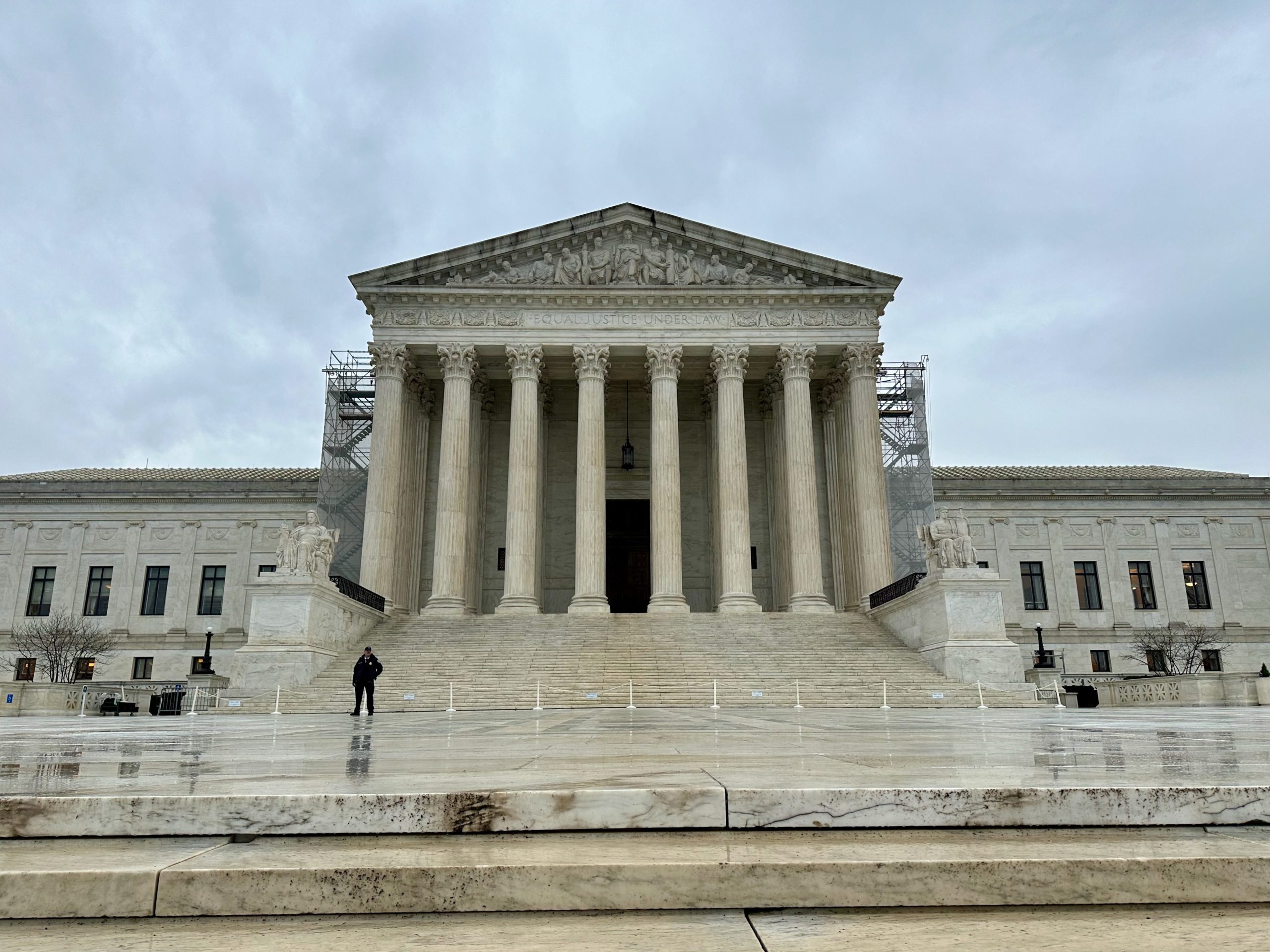ARGUMENT ANALYSIS
Justices seem to favor IRS in dispute over shareholder’s life insurance policy

on Mar 28, 2024 at 1:15 pm

The justices were considerably more subdued in the argument in Connelly v. Internal Revenue Service than they were on Tuesday, when they confronted the FDA’s treatment of the abortion drug mifepristone. This is a case about the tax treatment of life insurance policies that closely held corporations use to manage the death of a shareholder. Assume, as is common, a small corporation owned by members of the same family. When one dies, if the surviving shareholders want to keep the business in the family, they have to come up with a way to pay the dying shareholder’s estate (often a surviving spouse) for the relevant share of the company. If they don’t want to come up with the cash, or don’t want to sell out to a third party, one approach is to have the company buy a life insurance policy on the shareholder. Then, when the shareholder dies, the proceeds can go to pay the surviving spouse (or heirs) for the shares.
The question in Connelly is how much the shares are worth after the life insurance proceeds come in. In this case, for example, a corporation worth a bit less than $4 million received $3 million after the death of Michael Connelly, which was to be paid to his survivors for his share in the company. The IRS says that the company, as a whole, is now worth a bit less than $7 million, pointing out that Thomas Connelly (the brother who owns the other shares) will own a company worth almost $4 million and that Michael’s heirs will get $3 million. Thomas (and Michael’s estate) says that the $3 million should not count towards the value of the company because the company is obligated to spend it more or less immediately to repurchase Michael’s shares.
The justices did not seem entirely certain about the case – Justice Brett Kavanaugh, for example, commented that he found it “extremely difficult.” But as time went by, they seemed less and less receptive to Connelly’s perspective that the funds should not count just because the company had to spend them. Justice Clarence Thomas, for example, pointedly asked, “[i]f a very interested buyer showed up the day after Michael died, would Thomas sell the business to him for 3.86 million?” When Kannon Shanmugam (representing Connelly) wandered a bit in his reply, Thomas retorted that “the value has to go someplace. The 3 million goes someplace. Does it go into the value of the remaining stocks? And if it is there, why isn’t the appropriate valuation $6.86 million?”
Similarly, Justice Sonia Sotomayor emphasized that “[t]he value of the company is the value at which someone’s going to own a hundred percent of the shares of the stock,” and, for her, that had to include the funds that the company has from the life insurance policy.
Justice Neil Gorsuch made a similar point: “I understand a hypothetical purchaser of the company as a whole would say: ‘Ah, that $3 million is going to inure to my benefit because I’m just going to extinguish the redemption obligation and off we go.’”
The key problem for the justices seemed to be their focus on what happens to the life insurance proceeds – which don’t go to a third party, but rather to the surviving members of the family. For example, Justice Ketanji Brown Jackson commented that she was “trying to figure out whether the proceeds of the life insurance are really going out when they’re being used to redeem the shares.”
The justices often bend over backwards to favor the IRS in tax disputes like this, especially when they involve (relatively) wealthy taxpayers worrying about the estate tax. So I wouldn’t be at all surprised to see a lopsided victory here for the IRS just a few months from now.


